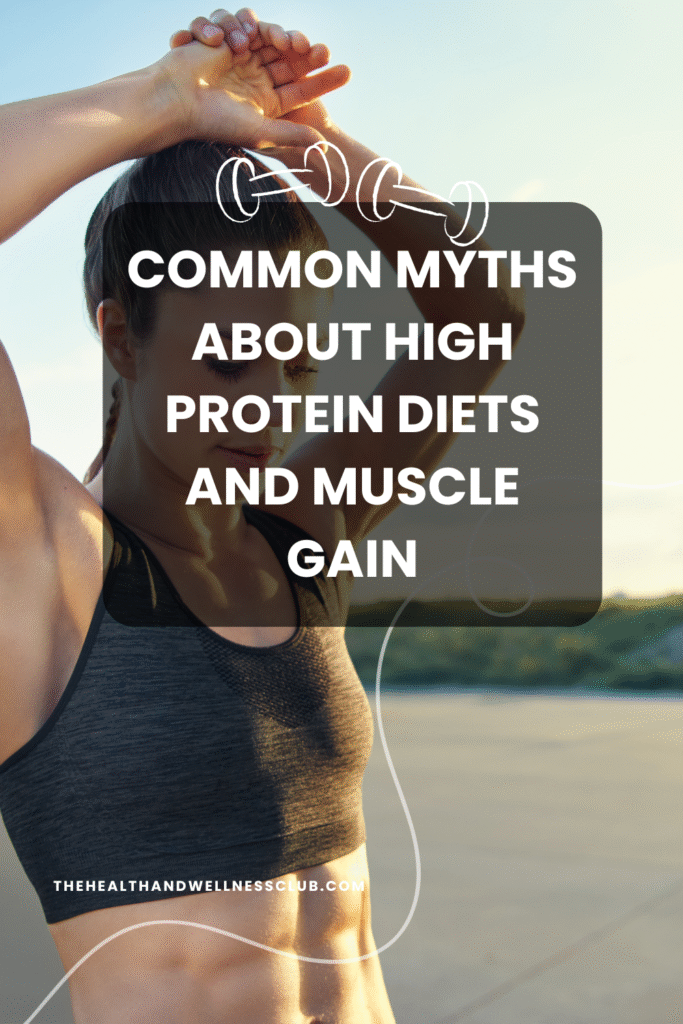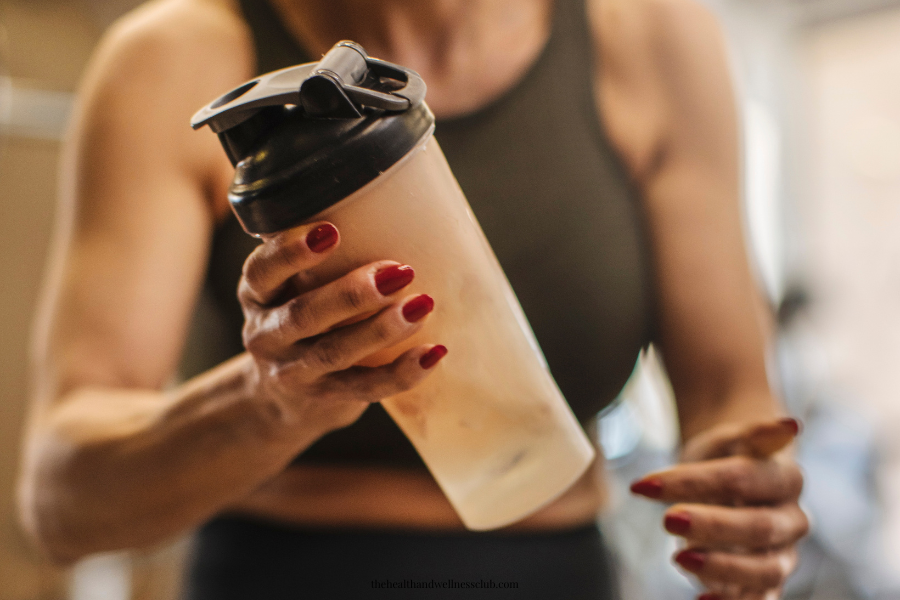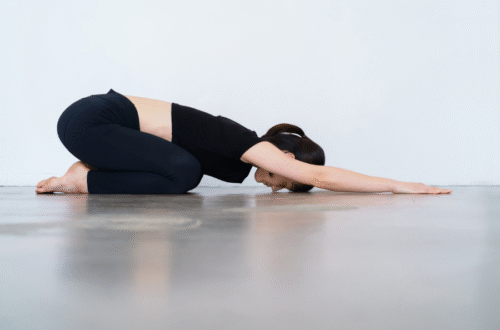Have you ever caught yourself second-guessing your protein intake after hearing conflicting advice at the gym or online? I definitely have, when I first started focusing on muscle gain. One day someone swears by loading up on protein shakes, and the next, someone else warns you’ll wreck your kidneys if you go overboard. This is confusing and made my fitness journey all so complicated.
I felt overwhelmed by all the “rules” floating around. Should I eat protein right after my workout? Is plant protein even good enough? And what’s the deal with that 30-gram absorption myth?
If you’ve been nodding along, you’re in the right place. Let’s unpack the most common myths about high protein diets and muscle gain—together. I’ll share what I’ve learned, what science actually says, and hopefully help you feel more confident about your nutrition choices.
Myth #1: High Protein Diets Damage Your Kidneys
What’s the worry?
This one’s been floating around forever. People often say that eating too much protein stresses your kidneys and leads to long-term damage.
What does science say?
Unless you already have pre-existing kidney disease, there’s no solid evidence that high protein intake harms healthy kidneys. A study published in the Journal of Nutrition and Metabolism found no adverse effects on kidney function in healthy individuals consuming high-protein diets.
Bottom line? If your kidneys are healthy, you’re good to go, but it’s still important to maintain a balanced intake without overdoing on one macronutrients.
Myth #2: You Can Only Absorb 30 Grams of Protein Per Meal
Sounds oddly specific, right?
This myth suggests that your body has a protein absorption cap, and anything beyond 30 grams is wasted.
Reality check
Your body absorbs all the protein you eat—it just uses it differently. A study in The Journal of the International Society of Sports Nutrition explains that while muscle protein synthesis may plateau at around 20–30 grams per meal, the rest of the protein still contributes to other bodily functions.
So yes, eat that 40g chicken breast guilt-free.

Myth #3: High Protein Equals Bulky Muscles Overnight
Wouldn’t that be nice?
Some individuals think that eating more protein automatically turns you into a bodybuilder. If only it were that easy!
Here’s the truth
Muscle gain requires more than just protein. You need consistent resistance training, adequate rest, and overall calorie surplus. Protein is just one piece of the puzzle.
Think of it this way: Protein is the bricks, but you still need a builder (your workouts) and a blueprint (your training plan).
Myth #4: Plant Proteins Aren’t Good Enough for Muscle Gain
Are animal proteins superior?
Many believe that only animal-based proteins are “complete” and therefore better for building muscle.
Let’s break it down
While it’s true that most plant proteins lack one or more essential amino acids, you can easily combine sources—like rice and beans—to get a complete profile. A 2021 review in Nutrients journal confirmed that plant-based diets can support muscle gain just as effectively when properly planned. This blog post lists out the top low carb, high protein vegetarian foods you can incorporate into your diet.
So yes, vegans can build muscle too!
Myth #5: More Protein Means More Muscle
Sounds logical, but…
Just because protein is essential for muscle doesn’t mean more is always better.
The science behind it
Your body can only use so much protein for muscle gain. The rest? It’s either used for energy or stored as fat. Consuming protein beyond your needs doesn’t lead to extra muscle growth.
Moral of the story? Balance is key.
Myth #6: Protein Shakes Are Mandatory
Do you need to chug a shake post-workout?
Nope. While protein shakes are convenient, they’re not essential.
Real food works too
You can meet your protein needs through whole foods like eggs, chicken, tofu, and lentils. A study found no significant difference in muscle gain between those who used protein supplements and those who didn’t—as long as total protein intake was adequate.
So if you prefer a chicken wrap over a shake, go for it!
Myth #7: High Protein Diets Make You Fat
Wait, what?
Some people worry that eating more protein will lead to weight gain.
Let’s clarify
Protein is actually the most satiating macronutrient, meaning it keeps you full longer. It also has a higher thermic effect, so your body burns more calories digesting it. A study in 2017 showed that high-protein diets can support fat loss while preserving lean muscle mass, which maintaining a healthy muscle mass is a key to longevity.
So no, protein won’t make you fat—overeating anything will.
Myth #8: You Need Protein Right After Your Workout for Muscle Gain
Is the “anabolic window” real?
You’ve probably heard that you must consume protein within 30 minutes post-workout or you’ll lose your gains.
Here’s the scoop
While timing can help, it’s not everything. What matters more is your total daily protein intake. A study found that the “anabolic window” is much wider than we thought—up to several hours post-exercise.
So relax, you don’t need to sprint to the blender after your last rep.
Myth #9: High Protein Diets Are Bad for Your Bones
Another health scare?
Some claim that high protein intake leaches calcium from your bones, weakening them over time.
Not quite
Recent research, including a review in Osteoporosis International, shows that protein actually supports bone health—especially when paired with adequate calcium intake and strength training.
So yes, protein helps your muscles and your bones.
Myth #10: All Protein Sources Are Equal
Spoiler alert: They’re not
Not all proteins are created equal in terms of amino acid profile, digestibility, and bioavailability.
What to look for
– Complete proteins: Contain all 9 essential amino acids (e.g., meat, fish, eggs, dairy, soy)
– High bioavailability: Easily absorbed and used by the body (e.g., eggs, poultry, meat, seafood, whey protein)
– Low-fat options: Lean meats, legumes, and low-fat dairy
Choose wisely, especially if you’re serious about muscle gain.
Conclusion
There you have it—10 myths about high protein diets and muscle gain, busted. I hope this helped clear up some of the confusion and gave you the confidence to fuel your fitness journey with facts, not fear.
Remember, protein is your ally, not your enemy. Whether you’re lifting for strength, aesthetics, or just to feel good, understanding how protein works will help you make smarter choices.
Got a favorite protein myth you’ve heard? Drop it in the comments—I’d love to hear it!





